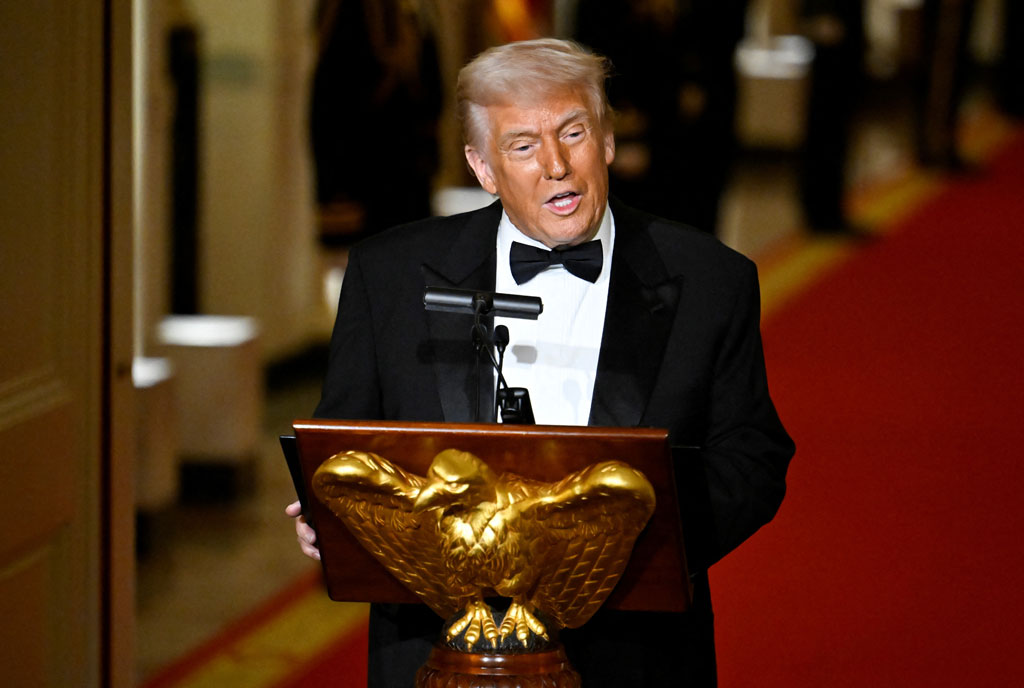Hope as UN agencies root for tourism in Tanzania

What you need to know:
- The prospective integrated tourism and local economic development blueprint will come up with an apt mode of transferring tourist dollars into the pockets of a critical mass of ordinary people
Arusha. Better days for poor communities close to Tanzania’s tourist circuits are in the offing, thanks to a proposed ambitious strategy that seeks to position a multi-billion-dollars tourism industry to foster the local economy.
The prospective integrated tourism and local economic development (LED) blueprint will come up with an apt mode of transferring tourist dollars into the pockets of a critical mass of ordinary people living adjacent to the country’s northern, southern, western and coastal tourist circuits.
UNDP Tanzania - through its Green Growth and Innovation Disruptions project - is in collaboration with Tanzania Association of Tour Operators (Tato) and UNWTO supporting the formulation of the strategy.
The blueprint seeks to enhance the recovery of tourism from the Covid-19 pandemic and identify ways for both businesses and communities to benefit from the nation’s tourist attractions - and, in turn, dedicate themselves to sustainable conservation of the assets.
The strategy will focus on growth, poverty reduction and social inclusion, as it will promote participation, dialogue and connect people to surrounding resources for decent employment and quality life for both men and women.
Gracing the key players’ strategic meeting on the roadmap for the blueprint, the UNDP Tanzania Resident Representative, Ms Christine Musisi said UNDP collaborates with UNWTO and Tato - and guided by the government - on how best the plan can be implemented once it is formulated.
“As UNDP, we envision that the LED strategy can catalyze transformative change by enhancing forward and backward linkages within the tourism ecosystem through job creation, stimulating innovative business models, and contributing to livelihoods,” Ms Musisi noted.
“Sustainability of tourism assets depends significantly on the extent to which the surrounding local community appreciates and benefits directly or indirectly from its development or growth,” said Dr Josaphat Kweka, the CEO and Lead Consultant at Talanta International Limited, which is preparing the document.
Tourism is a money-spinning industry in Tanzania, as it creates 1.3 million decent jobs, generates $2.6 billion annually. This is equivalent to 18 anf 30 percent respectively of the country’s GDP and export receipts.
However, transferring dollars accrued from international tourists to poor people near the tourist circuit has been a hard nut to crack.
According to the SNV study titled “Tracing the Tourism Dollar in Northern Tanzania,” while the northern safari circuit attracts 700,000 tourists with combined revenues of nearly $950 million, only $171 million - equivalent to 18 percent - goes to the surrounding cmmunities through multiplier effects.
However, a UNWTO expert, Mr Marcel Leijzer, says cultural tourism is the key effective model for transferring tourist dollars to nationals.
“Offer complementary products as unique as possible by making optimal use of local knowledge, cultural attractions - traditional healers, handicrafts, cuisine, etc - cooking classes, chameleons, birds, snakes and ‘nightjar stories.’ Create win-win situations, focus on enhancing length of stay and local expenditure through new activities,” the UNWTO expert said.
The Tato chairman, Mr Wilbard Chambulo, said the strategy should also focus on how to increase the number of tourists visiting Tanzania, as its multiplier effects will certainly touch a critical mass of ordinary people.
Tato CEO Sirili Akko thanked UNDP for its support to Tato and Tanzanian tourism at the most critical moment - and commended UNWTO for its staunch patronage of the industry.



